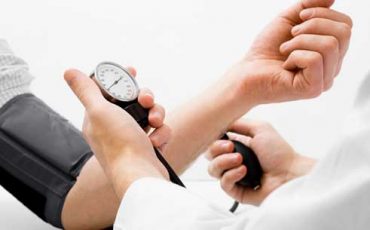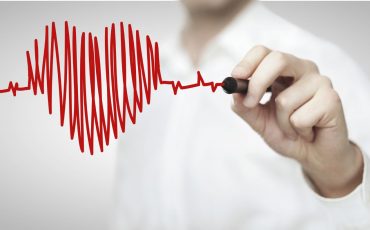Category: Health Psychology
-

Workplace Stress
Due to the increasing amount of time people spend in the paid labor force, there has been widespread interest in the impact that stress at work can have on health. This field identifies job stressors and their effects on individuals and families, investigates the processes that link job stress to health and the sources of…
-

Women’s Health
Virtually every woman can expect to experience at least one chronic illness or disorder in her lifetime, and the incidence of chronic health problems increases with age. By age 55 years, more than 80% of women experience at least one chronic health problem. Major attention to and support for women’s health research has only emerged…
-

Treatment Delay
Definition Of Treatment Delay Treatment delay is defined as the time that elapses from when a person first notices or recognizes a symptom or potential health problem until the time she or he receives definitive treatment by a health care provider. Treatment delay is an important phenomenon in health care because it affects the ability…
-

What is Transtheoretical Model?
The transtheoretical model (TTM), also known informally as the stages-of- change model, has been influential in the field of health psychology. The TTM has most frequently been applied to smoking cessation, but has also been applied to many other health-related behaviors. The core of the TTM is the stages-of-change construct, which is a set of…
-

Testosterone
Testosterone Definition Testosterone is a hormone that is responsible for the development and maintenance of masculine characteristics. Testosterone is released into the bloodstream by the testes (testicles) in males and to a lesser extent, by the adrenal cortex and ovaries in females. Not only does testosterone influence the growth and development of masculine physical characteristics,…
-

Tend-and-Befriend Response
Tend-and-Befriend Response Definition In times of stress, humans and many animal species tend and befriend. Tending involves quieting and caring for offspring during stressful times, and befriending involves engaging the social network for help in responding to stress. Tend-and-Befriend Response Background Threatening circumstances trigger a cascade of neuroendocrine responses to stress, including engagement of the…
-

Technology and Health
Over the past four decades, computer technology has improved exponentially while cost has decreased. Personal computers (PCs) are more sophisticated, and PC-based programming languages are powerful yet relatively easy to use. Technological applications to health psychology practice are considerable in number and scope. As managed care places new demands on health care service provision, it…
-

Symptom Perception
Rather than passively receiving information about the body, individuals perceive physical symptoms through an active and constructive process. Physical symptoms are thought to arise from a process in which changes in the functioning of the body are detected, attended to by the individual, and given meaning through their labeling as symptomatic of a given physical…
-

Suicide
Suicide is the act of intentionally taking one’s own life. The study of suicide is essential because suicide is so pernicious and claims the lives of numerous people yearly. Those attempting suicide are experiencing a tremendous amount of psychological pain, and are likely to feel a great deal of hopelessness about their future. Epidemiology Even…
-

Stressful Medical Procedures
Technological advances in medicine and dentistry have led to an increase in stressful diagnostic and treatment procedures, presenting problems for health care providers. Agitated patients require more analgesia or sedation, and are more likely to encounter complications. Evidence also indicates that those who tolerate procedures poorly recover more slowly. Finally, those who experience greater distress…